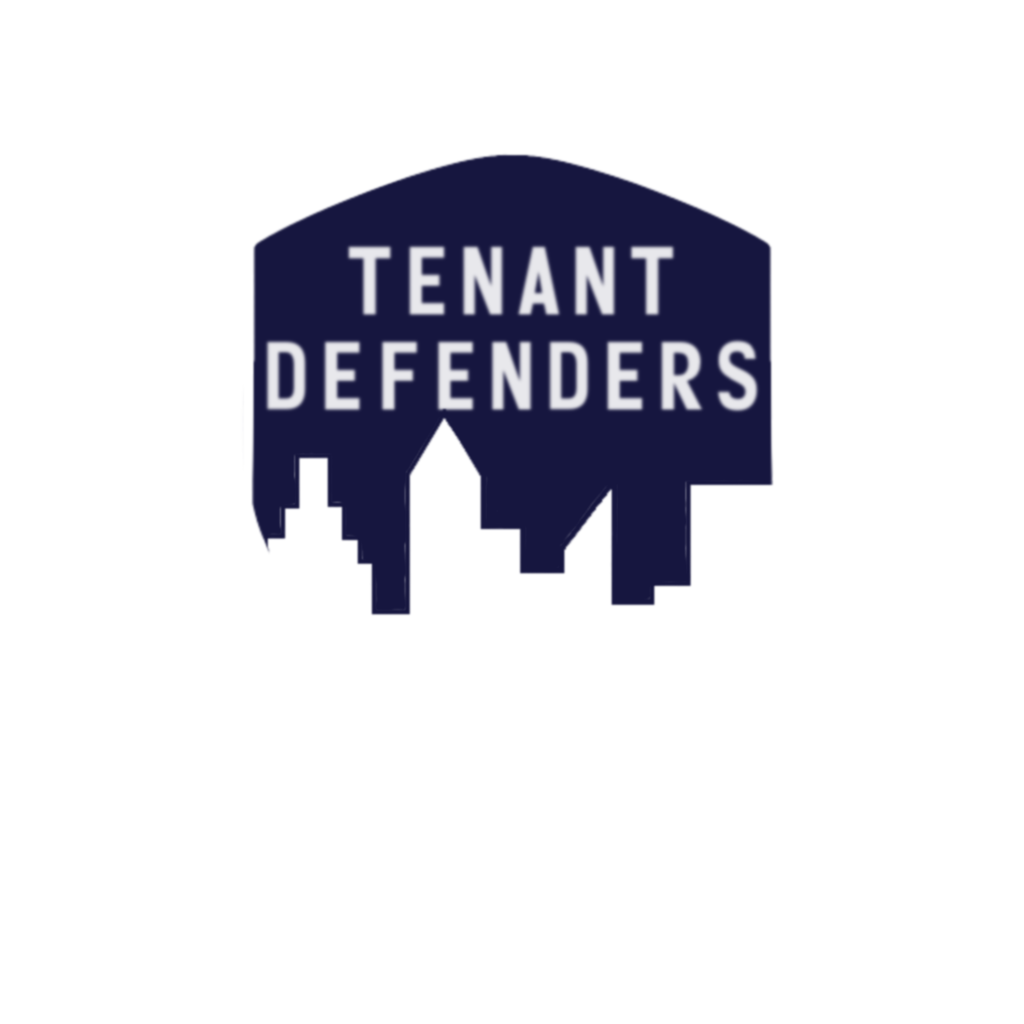I am often contacted by tenants that have been injured because of problems with the house or apartment they rent that the landlord refuses to fix. Sometimes the problem is one that the landlord has known about for a long time, and other times the situation comes about suddenly. In either case, when a tenant suffers injury because of something that the landlord should have fixed, then the landlord is responsible for damages that are suffered.
As always, the details of the individual situation matter a great deal. As a general principle, in order for a landlord to be held responsible for your injury under the law, the cause of the injury must be something that the landlord, or his property manager, had a duty to take care of.
If a tenant is injured walking on a shared stairway leading to a second story apartment when it collapses, then this would certainly be something that the landlord has a responsibility to take care of. If the tenant slips on a piece of bacon in her kitchen, then the landlord can’t be held responsible for that because he has no duty to keep your kitchen floor clean.
Many times the situation is not so clear as the example given above. An important question will always be who had control over the part of the property where the injury resulted, and did the landlord know about the situation. If the landlord didn’t know about the dangerous situation, then is it something he or she should have known about?
Some things are always going to be the landlord’s responsibility to fix. These include things like plumbing, electrical wiring and public areas shared by multiple tenants. Other things might be the landlord’s responsibility, but the tenant has an obligation to tell the landlord about the problem when he or she finds out about it.
Think about the example of a bee hive in the attic. It is an infestation that the landlord should take action to resolve, but if the occupants living in the house know about the bee hive, and don’t tell the landlord, then it is much harder to assign responsibility to the landlord when someone suffers bee stings when the hive falls into the living room. For this reason,it is important to make your problems with the property known to the landlord when you discover them. Don’t assume that the landlord knows about plumbing under the bathroom sink that constantly leaks, or that it is your responsibility to deal with the situation. It is a much better idea to tell your landlord about the leak right when you notice it.
Many times tenants are injured because of something that neither they nor the landlord knew about. Like when an interior ceiling collapses. In these situation, the landlord will be held responsible, if the tenant takes the correct course of action!
If you are injured as a result of problems with the apartment or house that you rent, follow these general principles.
- If the accident results in physical injury, seek medical attention appropriate to the situation as soon as needed.
- Take pictures of what happened right away. Take good quality photos with a phone or digital camera and back them up right away. The best method to securely save them is to use cloud based storage like Google Drive, or iCloud.
- Get witnesses to the event. If there are no witnesses, then make sure to invite someone to watch you taking your photographs.
- Make sure that you inform your landlord or property manager about the accident that caused the injury, but be careful to stick to the facts.
- Do not talk to any insurance agents, or give a recorded statement to any third party before speaking with an attorney.
- Contact a lawyer to discuss what happened and find out what your rights you have. Beware of attorneys that promise great results in their advertisements, but who won’t talk to you directly.
If the accident results in physical injury, seek medical attention and speak with an attorney as soon as possible.
Contact Us
If you are still uncertain whether you need an attorney to defend against eviction, then call us today to discuss your case, or fill out the form below in order to explain how we can help, and we will reply to you.
